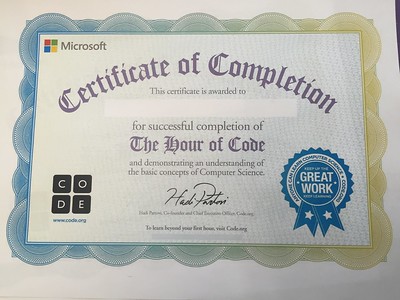Is the US economy overheating? Yesterday, the Kenan Institute of Private Enterprise at UNC-Chapel Hill published a discussion between its Executive Director and its Chief Economist, asking this very question. The state of the US economy is always of interest, but currently, reading the tea leaves is complicated. Interestingly, the community college can play an important role in ensuring future economic prosperity.
The institute’s Chief Economist, Gerald Cohen, responded to the following question:
“You mention the child tax credit, but what other recommendations do you have for policymakers to ease the current tensions in the economy without stifling growth?”
“Policymakers should always be looking for ways to incentivize investment in productive capacity, but until COVID-19 is well behind us, there are households that have suffered disproportionally from the pandemic that will continue to need support. Without that support, the likelihood that they will permanently drop out of the labor force increases.
I agree with Greg on policies to increase labor force participation, but one other important opportunity we should be implementing is up-skilling. Regardless of whether we have a permanent decline in the supply of labor or a more temporary shift, making productivity-enhancing capital investments helps the economy in the long run.
In order to take advantage of those investments, we need a more skilled workforce. Policies that increase skill levels can start as early as pre-K and run through community college and part-time credentialing programs as well as traditional higher-ed programs. These investments will raise educational levels across the entire population and thus increase potential output levels (i.e., productivity growth rates) for years to come. Some of these can have a positive effect in 2022, but effects are long lived for educational investments.”
Community college must deliver on skills
So, in his opinion, there is little value for a business in capital investment unless the business can take advantage of a more skilled workforce. Raising the overall skill level of the workforce (and future workforce) increases potential output.
In the United States, having a more skilled, more productive workforce is essential to economic prosperity. The Gross Domestic Product (GDP) is a measure of economic output. There are multiple ways to increase economic output. For example, adding workers can increase the economic output of a business. When adding workers isn’t possible or desirable, improving the efficiency of production can also achieve the same result.
When an economy is at full employment (or near-full employment) adding workers isn’t possible. There are no workers to be had. So, increasing economic output means increasing the efficiency of the available workers. Technology improvements can play a role in increasing worker efficiency; upskilling the workforce can also improve worker efficiency.
Short-term certificate programs run counter to the goal of increasing worker efficiency. A minimally trained worker does not have the skills to work as efficiently as a better trained one does. Without a higher skill level, the worker cannot generate sufficient economic output to achieve the goal of real economic growth.
Unfortunately for the employers of Washtenaw County, the current WCC administration has gone all-in on short-term certificates. WCC issues so many certificates the US Department of Education now classifies it as a “certificate school.”
This does not serve the current needs of Washtenaw County employers. In fact, it actively damages the county’s long term prospects for growth. This isn’t what Washtenaw County taxpayers signed up for when we agreed to fund the operational costs of a community college.
Photo Credit: Mghazalaful , via Flickr










